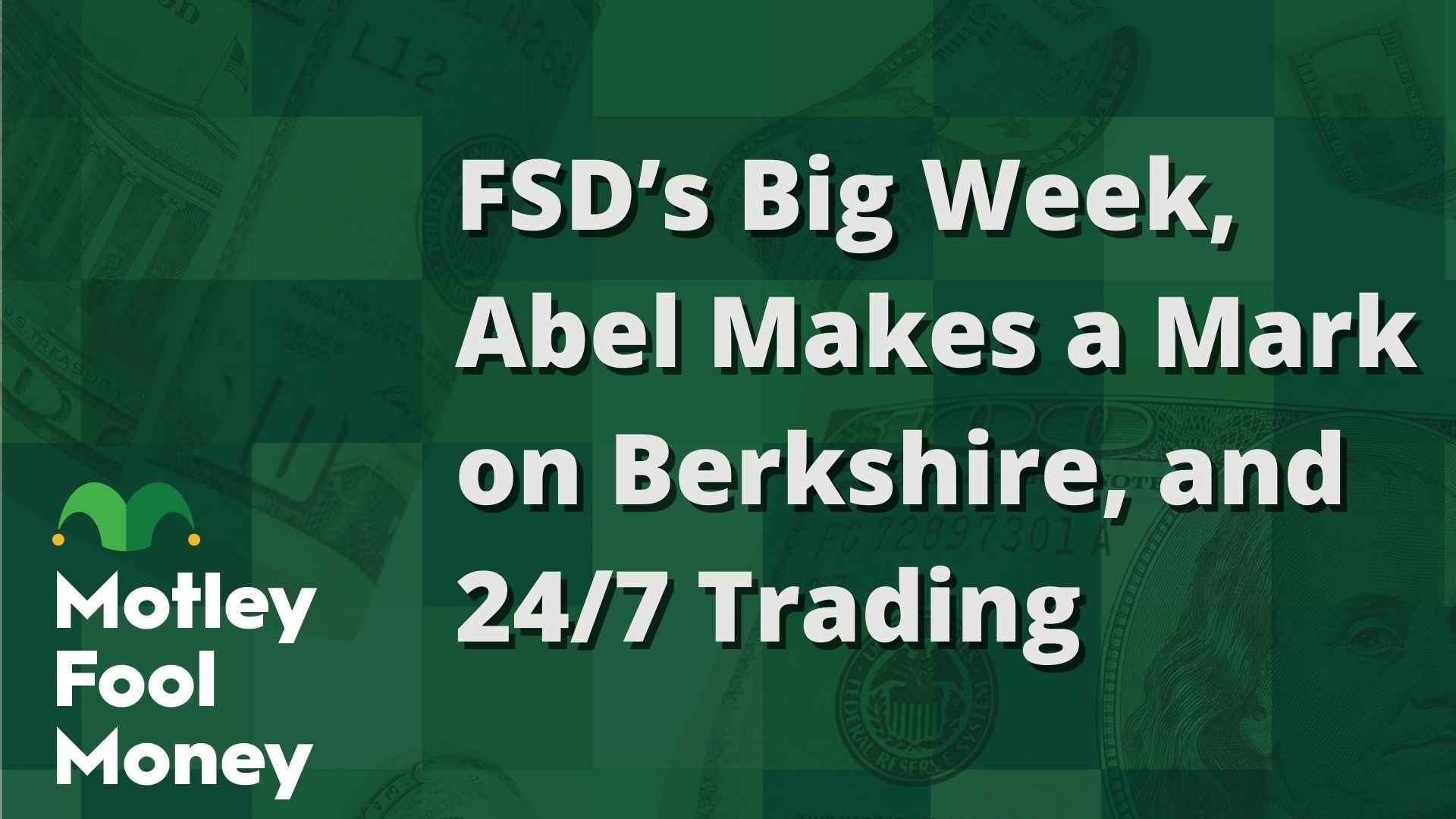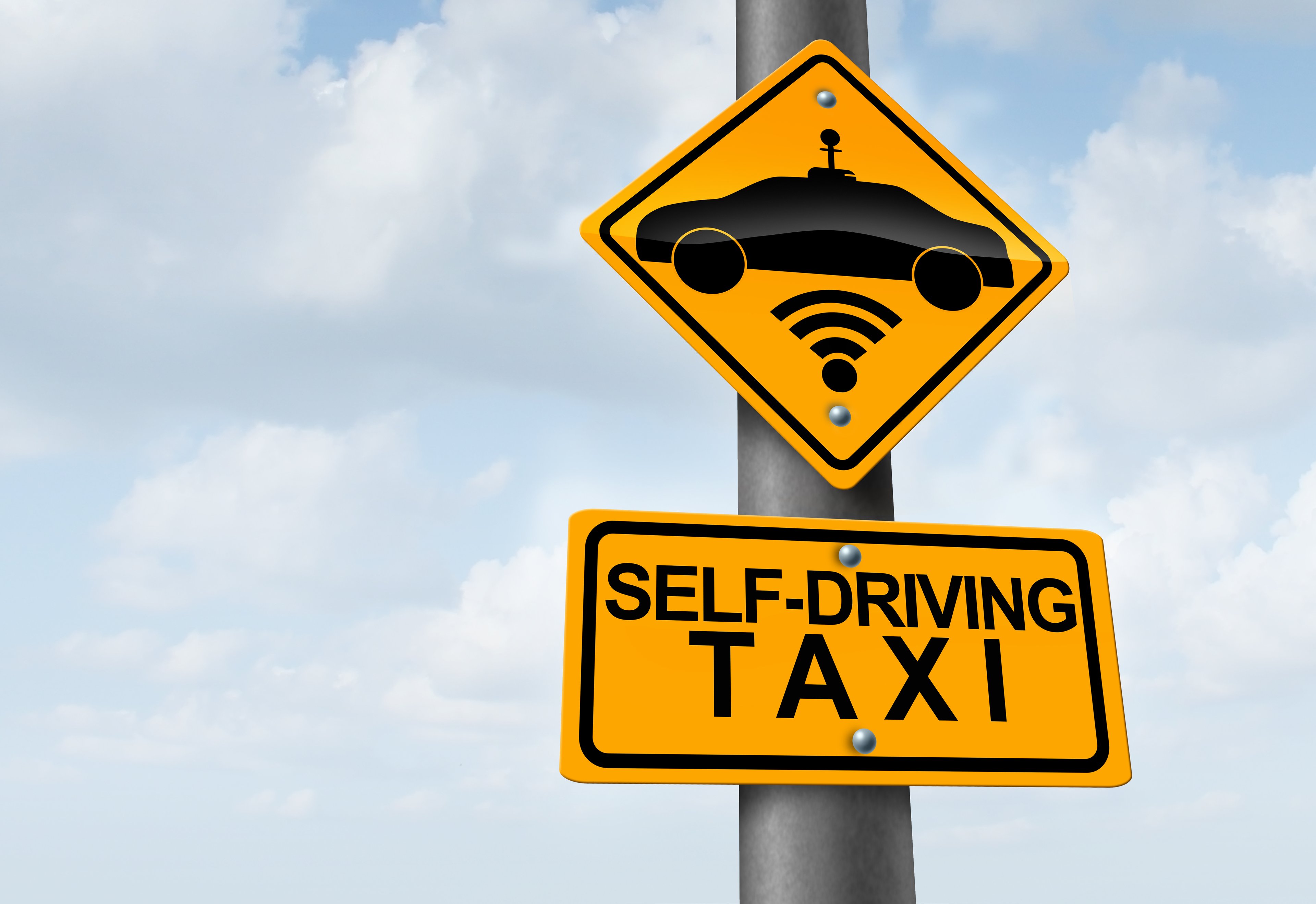Every day, Wall Street analysts upgrade some stocks, downgrade others, and "initiate coverage" on a few more. But do these analysts even know what they're talking about? Today, we're taking one high-profile Wall Street pick and putting it under the microscope...
July 4 has slipped into the rearview mirror, but up on Wall Street, the fireworks continue to fly. This morning, two heavyweight financial experts put forward sharply diverging views on the future of electric-car star Tesla (TSLA +3.33%). On the one hand, Guggenheim Partners announced a 13% hike to its target price on buy-rated Tesla stock, bringing it to a whopping $430 per share.
On the other hand, Goldman Sachs remains a confirmed bear when it comes to Tesla. With new data in hand, Goldman says Tesla stock is now worth only $180 a share -- down $10 from its last prediction. And yes, Goldman Sachs thinks you should sell it.
Here are three more things you should know about all that.

The Model 3 may be Tesla's future -- but what's the future for Tesla stock? Image source: Tesla.
1. The latest news
Let's start with the news that inspired both these changes of opinion. Tesla had two major updates for investors over the weekend. In one release, the company confirmed that it delivered just over 22,000 electric cars in its fiscal Q2 2017. That's toward the low end of guidance, and less than some analysts were expecting, but it's still 53% more cars than Tesla delivered in the year-ago quarter.
Tesla also told investors Sunday that it plans to begin deliveries of its mass-market electric Model 3 sedan on July 28. Production should expand almost exponentially, with 30 Model 3s delivered in July morphing into 100 in August, 1,500 in September, and crescendoing at the year's end with 20,000 cars going out the door in December. By next year, Tesla hopes to be producing Model 3s at the astounding rate of 500,000 cars per year.
2. Guggenheim gets excited
Accenting the positive portions of this news, Guggenheim hailed the July delivery announcement as making the Model 3 "Tesla's first car to genuinely launch on schedule." With plans for Model 3 production on track, StreetInsider.com (requires subscription) quotes Guggenheim predicting that Tesla will report $2.30 per share in profit for fiscal Q2, and end this year with profits of $7.79 per share.
Mind you, these predictions are way out of line with what the rest of Wall Street is expecting. According to data from S&P Global Market Intelligence, the average analyst prediction for Q2 is that Tesla will report a $2.25-per-share loss for the quarter, followed by a full-year loss of $8.24.
What's to explain these huge discrepancies? Guggenheim points out that Tesla has a "high fixed-cost structure." On the one hand, this makes it difficult for the company to earn a profit on low production volumes. On the other hand, once Tesla does get over the hump of selling enough cars to cover its costs, profits quickly explode higher. In Guggenheim's view, the real key to valuing Tesla is to look a couple years into the future, and value the stock based on what it might be earning in fiscal 2019 or fiscal 2020.
In that regard, we should point out that by then, Wall Street does agree that Tesla will probably be profitable. 2020 estimates currently call for Tesla to earn $6.62 per share. So maybe Guggenheim is just a bit early in its optimism.
3. Goldman Sachs curbs its enthusiasm
Goldman Sachs isn't quite so enthused. Venturing a bit farther afield than Guggenheim did, Goldman Sachs dug into the details of Tesla's three main business units, telling investors that it believes Tesla's now-internalized SolarCity solar panel-building business is worth about $7 per Tesla share, while Tesla's energy storing battery business is worth $35 (and actually a bit more valuable than Goldman previously thought).
The car business that made Tesla famous is another matter. Goldman seems to have been spooked by Tesla's failure to deliver as many cars as Goldman expected last quarter. (And Goldman is not alone. TheFly.com reports this morning that Bernstein is calling Tesla's Q2 deliveries "modestly disappointing," while Cowen & Co. says Tesla fell 2,500 units short of its predicted deliveries -- which may not sound like much, but works out to a miss of more than 10%.)
Given this shortfall, Goldman is cutting its valuation on Tesla's automotive business from $150 to just $138 per share. Added to the $42 in value of the other two divisions, this gives Goldman a fair value estimate of $180 per share of Tesla stock.
In a prediction more in line with what other analysts are expecting, Goldman says Tesla will probably lose $3.16 per share this year, turn profitable in 2018 (but only earn $0.30 per share), and finally begin earning substantial profits only in 2019 -- $4.70 per share.
What it means to investors
So what should an investor make of all the above? That's hard to say, but how about we marry the advice of a Tesla bull (Guggenheim) with the hard-nosed predictions of a Tesla bear (Goldman), and see what that tells us?
According to Guggenheim, no one can really be sure how much Tesla is worth until it begins mass-producing cars at real volume, i.e., in the hundreds of thousands of cars per year. The earliest Guggenheim sees this happening is 2019 -- and Goldman thinks that's the year Tesla starts earning substantial profits as well (the aforementioned $4.70 per share in 2019).
Based on these projections, Tesla, at $353 per share and no earnings today, is selling for 75 times what it might be earning two years from now. That may still not be enough information to tell you whether Tesla stock is cheap, but at least it's a guidepost to help you decide whether you think the stock is cheap enough to buy. If you believe Tesla can maintain momentum, achieve profitability, and be growing those profits at 75% or so annually two years from now, then today's price might be reasonable.
If not, then not.






